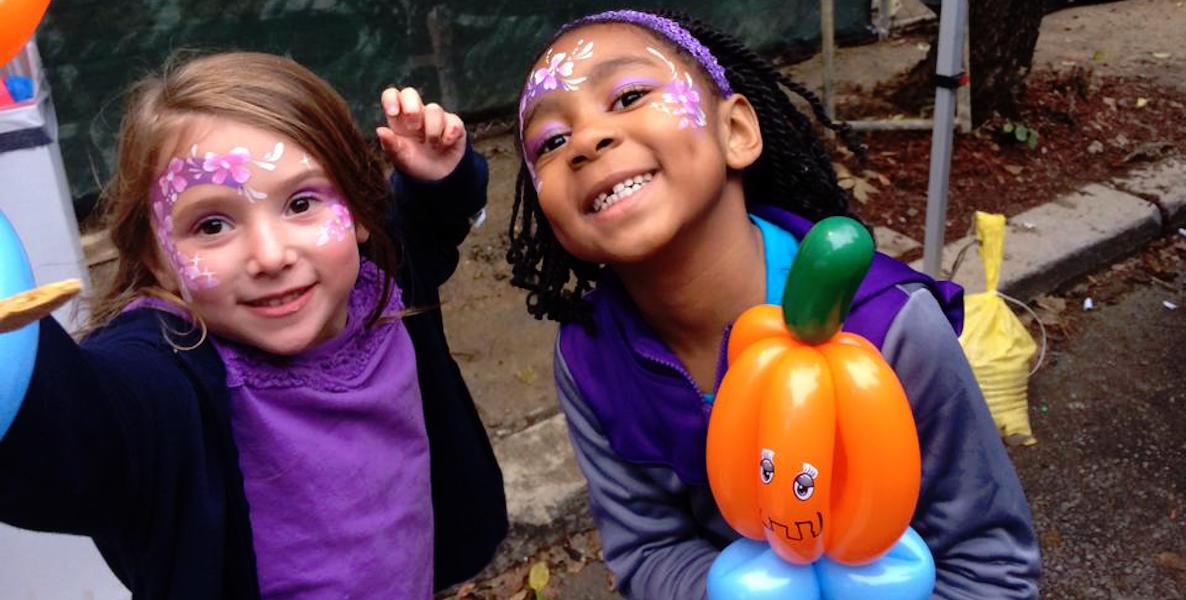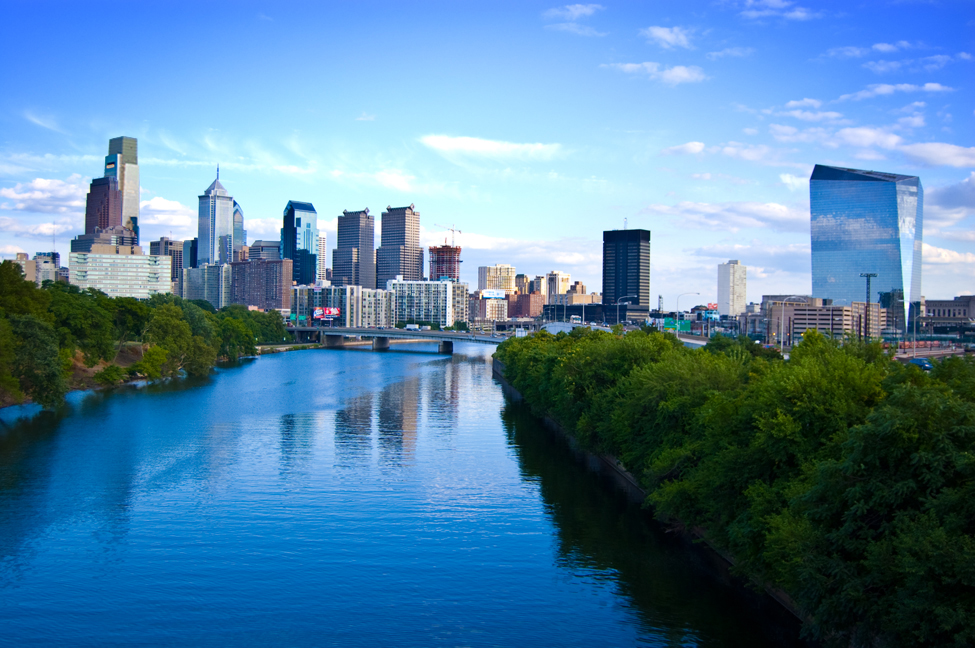Jennifer Motsney, of South Philly, is a second grade teacher in a public school in the Northeast. But it wasn’t until she had children that she started thinking hard about her own local school, Vare-Washington Elementary at 5th and Washington. More than most young parents in Philly, Motsney understood the dire straits of neighborhood public schools. She’d also heard of the galvanizing effects of local “Friends Of” school groups, particularly in the neighborhoods surrounding Vare-Washington, like East Passyunk and Pennsport. Unfortunately, as Motsney discovered, Vare-Washington wasn’t one of those lucky schools.
So Motsney did what dozens of residents—parents to be, new neighbors, local business owners—have done in so many neighborhoods around Center City: She stepped up. She posted a note on a local community listserv and recruited a handful of interested neighbors. And then Motsney started making calls.
“I reached out to the leaders of a bunch of Friends of groups,” Motsney said on Saturday, at a gathering of Philadelphians looking to help their local schools. “All of them met with me, and gave me advice, and were really helpful. You don’t have to figure this out on your own.”
“How do I find someone in my community to start a Friends Of group for my school?” a principal of a struggling school asked. “Where do I get one of you?”
Motsney’s observation was the prevailing message of the Crosstown Coalition’s second conference for Friends Of schools groups, which drew 125 area residents for a series of workshops and conversations around the question on everyone’s minds: What can we do to make our schools better? The answer, for this crowd, was about grassroots collaboration—residents stepping up to adopt their local public school, forming community groups that work with principals, Home and School Associations, teachers and parents to raise funds, hold supply drives, volunteer services and give the time and energy to extras that school administrators can’t manage themselves.
The event afforded a rare conversation about schools in a city where conversations about schools usually devolve into fights about budgets, and charter schools, and politics. This was deliberate: Organized by members of the Crosstown Coalitions’s Friends of Neighborhood Education (FONE) group, the summit was about on-the-ground work in and for schools. The rest is the purview of others, like Public Citizens for Children and Youth’s Donna Cooper, who gave a brief talk at the end of the day about the school budget issues. “This is about publicly-funded schools in a neighborhood setting,” the Coalition’s Education Committee chair Jeff Hornstein chided a participant who started to rant about charter schools. “Even if they are [charter-run] Renaissance schools that have kids from the neighborhood.”
This was the second gathering of FONE, which consists of 36 Friends Of groups mostly in the changing neighborhoods around Center City. Like Motsney, most of these groups started organically, with a few residents offering help to their local schools. Some of them have been quite successful: The Friends of Andrew Jackson Elementary, one of the first in the city, has helped that East Passyunk school grow, raise money, build a roof yard and cement partnerships with community groups. At Chester Arthur, in Graduate Hospital, the Friends group—started by FONE leader Ivy Olesh—helped to remake the playground, and was instrumental in the school’s partnering with Science Leadership Academy to get a School District transformation grant.
Those are the success stories that others in the room came to learn about, through a series of workshops on topics like the basics of starting a Friends group, how to build a new schoolyard, fundraising and what principals want. Most of the people in the room on Saturday were emblematic of this movement: White and middle class, in neighborhoods near Center City that are or have rapidly changed over the last several years. (Approximately 15 African Americans attended the event; last year, there was only one.) As such, they risk reflecting the problem of schools in Philly—segregation and inequity—rather than a fix that can benefit everyone. A question from the principal of a struggling Southwest Philly school early in the day hinted at this.
“How do I find someone in my community to start a Friends Of group for my school?” she asked. “Where do I get one of you?”
Around 125 area residents gathered for a series of workshops and conversations around the question on everyone’s minds: What can we do to make our schools better? The answer, for this crowd, was about grassroots collaboration.
For Hornstein and the other leaders of FONE, this is a pressing concern. One of the better-attended sessions was about how to increase diversity in Friends groups. And at the end of the day, when FONE displayed a word cloud composite of comments submitted to the event via smartphones, “diversity” was one of the most commonly used words. “In Philly, because we grow slowly, we can prevent a complete takeover and gentrification of the schools,” Hornstein said. “We want to make sure people who don’t look like us are part of the equation.”
That is easier said than done, of course. With all the successes at a Jackson or a Chester Arthur, those schools still rely on their Friends groups, whose members are working people, and parents, and volunteers, who can’t be expected to adopt other schools, in other neighborhoods, for the sake of equity. Instead, as FONE enters its second year, the group is looking for ways to take their lessons beyond a self-selecting cadre of go-getters. Hornstein says they are in talks with a couple of local foundations for grant money that would allow them to bring the idea of Friends groups to needy areas, find potential leaders, and then train them to do this work.
That could be a real success story in Philly, a potential gamechanger that proves it is citizens, not politicians or administrators, who can affect real change.
Photo Header: Courtesy of Friends of Chester Arthur.





